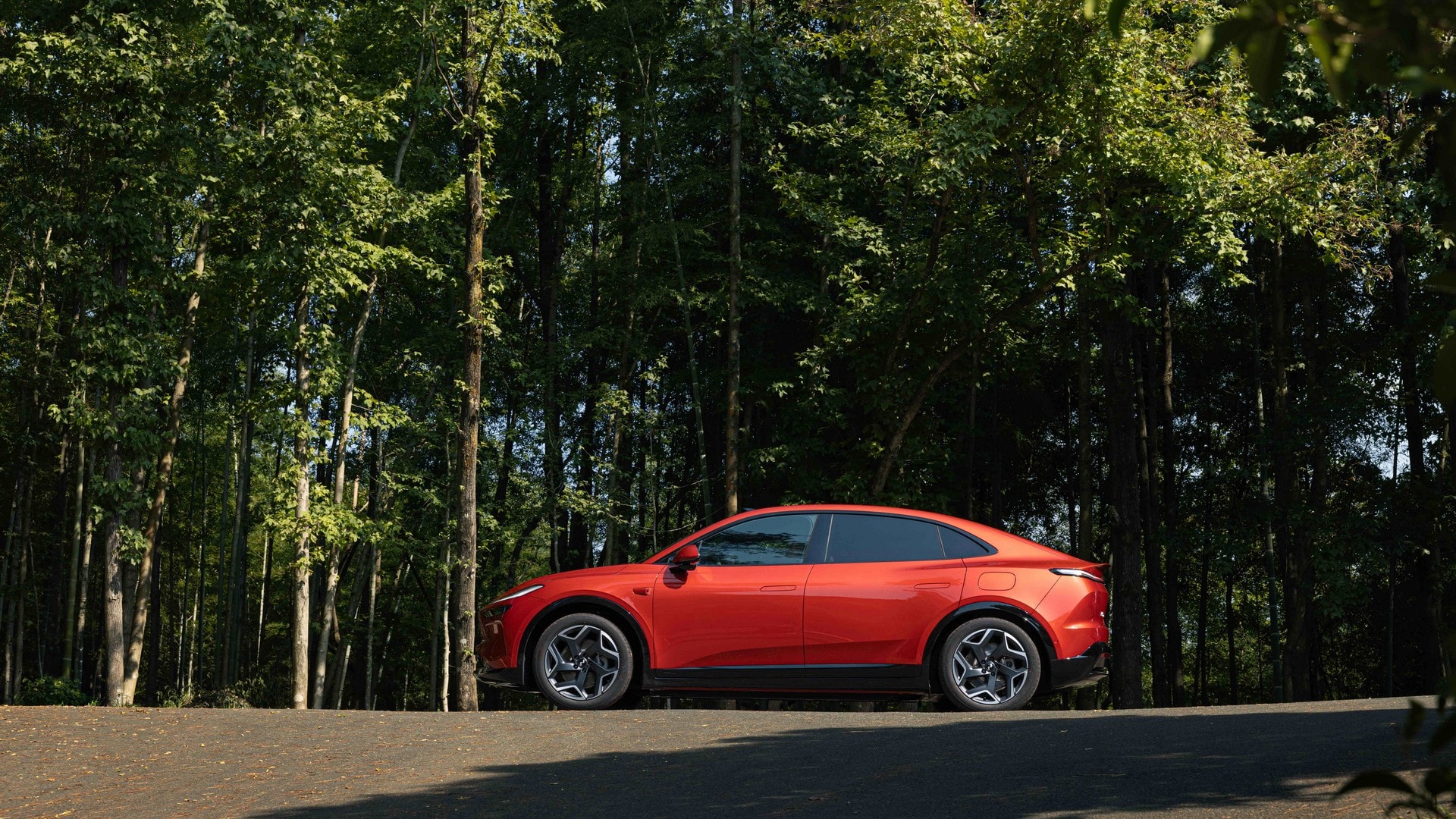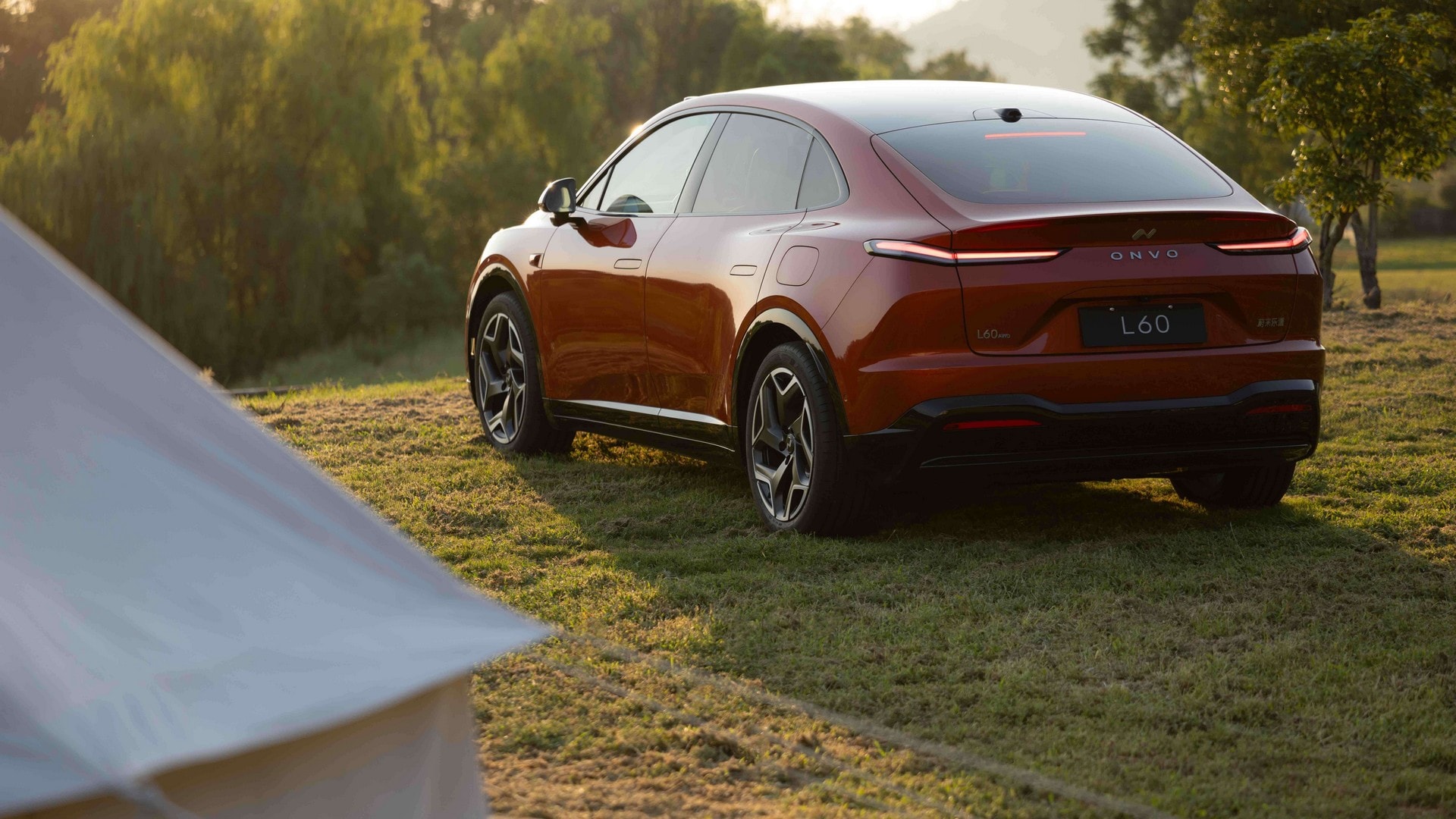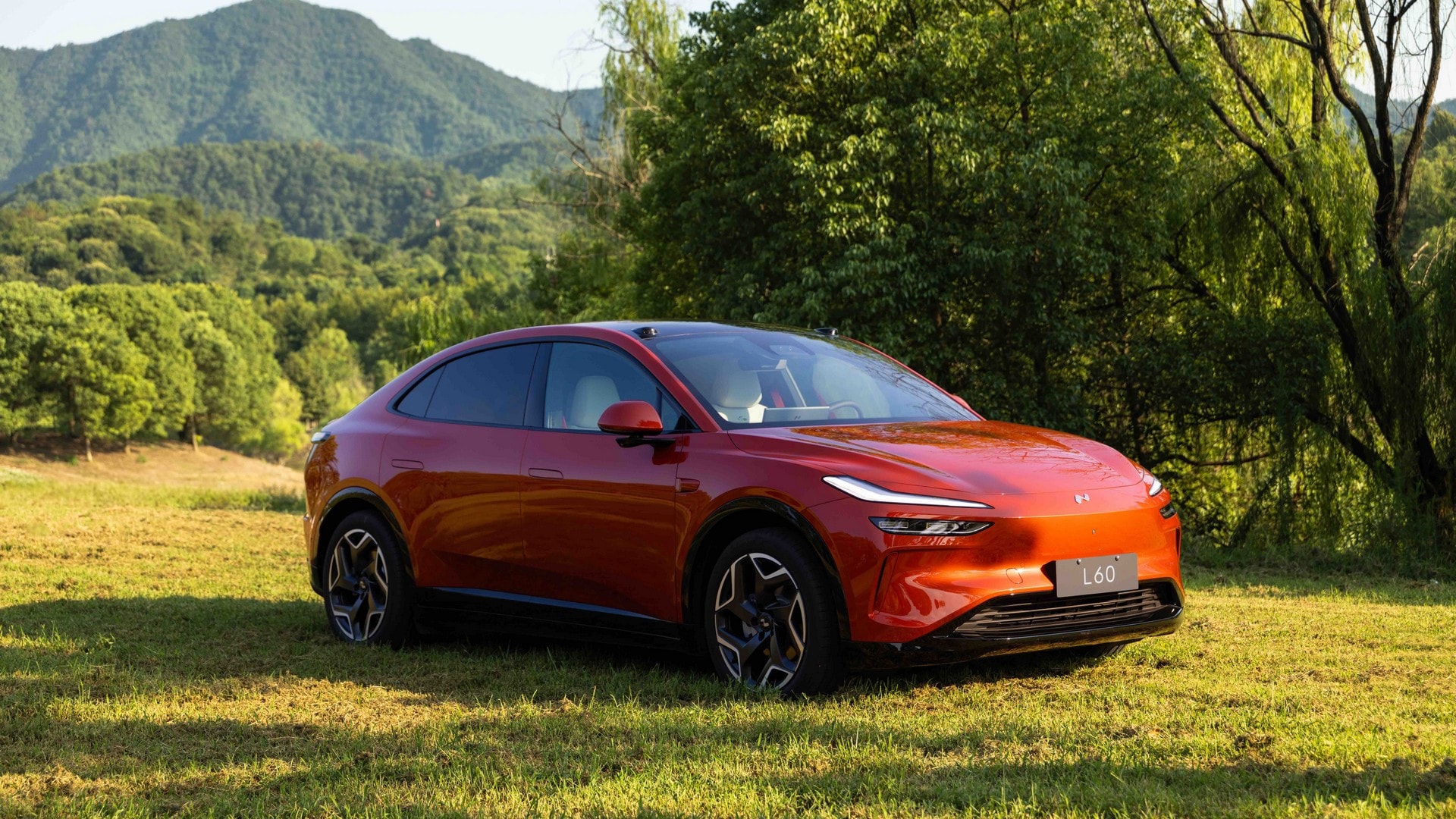Nio’s Firefly brand, with its proprietary battery swapping system, may face challenges due to incompatibility with existing swap stations. Onvo, however, could prove the effectiveness of battery swapping through its ALPS brand and L60 model.
Despite skepticism, battery swapping offers a promising solution for BEVs’ longevity, as battery packs are often expensive to replace. CATL’s TECTRANs battery pack, with a potential lifespan of 15 years, highlights the need for innovative solutions.
While BEVs can last longer than ICE vehicles, battery swapping can ensure their continued performance and sustainability. By providing a convenient and efficient way to replace depleted batteries, battery swapping can significantly extend the lifespan of BEVs.

This is particularly important as battery packs are often the most expensive component of a BEV, and replacing them can be prohibitively costly. With battery swapping, drivers can simply swap their depleted battery for a fully charged one at a swap station, allowing them to continue their journey without interruption. This not only reduces downtime but also helps to preserve the value of the BEV.
Furthermore, battery swapping can help to address concerns about battery degradation. Over time, battery packs can lose capacity, leading to reduced range and performance. With battery swapping, drivers can always have access to a fresh battery, ensuring that their BEV maintains its original performance and range.
This can make BEVs a more attractive option for consumers who are concerned about the long term viability of electric vehicles. In addition to extending the lifespan of BEVs, battery swapping can also help to reduce the environmental impact of electric vehicles. By enabling the reuse of batteries, battery swapping can help to minimize the need for new battery production.
This can reduce the demand for raw materials and energy, as well as reduce the amount of electronic waste generated. While there are still challenges to be overcome, battery swapping has the potential to revolutionize the electric vehicle industry. By providing a convenient, efficient, and sustainable solution for BEVs, battery swapping can help accelerate the transition to a cleaner, greener future.

Nio’s pricing strategy, which offers vehicles both with and without battery packs, has attracted attention. The Onvo L60, a new model priced competitively at RMB149,900 (approximately $21,330), has generated interest due to its affordability without a battery pack. This contrasts with Nio’s previous offerings, which were often perceived as more expensive.
The Onvo L60, a spacious and feature rich vehicle, compares favorably to options available in the US market, such as the Hyundai Venue, Kia Forte, and Chevrolet Trax. Its larger dimensions and electric powertrain position it as a competitor to the Tesla Model Y in China.
Despite these challenges, Nio’s battery swapping solution represents a promising development in the electric vehicle industry. If successful, it could pave the way for a more sustainable and convenient future for electric transportation.

